Indian doctors agree to end strike over brutal rape, murder of female colleague
Some doctors at key hospitals across India have returned to work after an 11-day strike over the brutal rape and murder of a female trainee medic at a government hospital in the eastern city of Kolkata this month.
Medics at the leading state hospital in the capital New Delhi said Thursday they would return to full duties. The decision came after India's top court assured the doctors that no adverse action would follow their return to duty.
"We are resuming duties following the Supreme Court's appeal and assurances," the Resident Doctors Association at New Delhi's All India Institute of Medical Sciences (AIIMS) said in a statement.
Doctors said they had ended their strike "in the interest of the nation and the spirit of public service."
They also urged the authorities to "adhere to the directives" of the the top court, adding that their protests would continue after duty hours "until justice is served".
#WATCH | RDA AIIMS Delhi calls off their 11-day strike.
— ANI (@ANI) August 22, 2024
Dr Raghunandan Dixit, RDA AIIMS Delhi General Secretary says, "We were on a strike for the past 11 days. After that, Court intervened twice. It did provide us with some relief. High Court fulfilled our first demand and… pic.twitter.com/HNeX9rRPov
The Resident Doctors' Association (RDA) at the Indira Gandhi Hospital in the national capital was also ready to end the strike “in a spirit of national interest and public service”, according to a statement.
Doctors from other government-run hospitals across India also reportedly agreed to call off their strike.
At a hearing on Thursday, the Supreme Court urged doctors to return to work and said no “coercive action” should be taken against peaceful protesters, local media reported.
The court also ordered local and national authorities to put in place safety measures within two weeks.
They set up a national task force of doctors this week to make recommendations on the safety of healthcare workers.
But furious demonstrations on Thursday continued in the eastern city of Kolkata where the brutalized body of the female resident doctor, aged 31, was found inside a seminar hall of the R.G. Kar Medical College and Hospital on August 9.
Doctors' associations in many cities across India launched strikes on August 12 that cut non-essential services.
Protests in Kolkata have spiraled into political rallies, with police scuffling with demonstrators from the ruling Bharatiya Janata Party (BJP) angry at the state government.
The Hindu-nationalist BJP is the party of Prime Minister Narendra Modi but is an opposition party in West Bengal state.
Modi, speaking in New Delhi last Thursday morning at Independence Day celebrations, demanded a swift punishment for those who commit "monstrous" deeds against women.
He did not specifically refer to the doctor's brutal rape and murder but expressed his "pain" at violence against women.
Tens of thousands of ordinary Indians have joined protests, channeling anger not only at the chronic issue of violence against women but also at the failure to provide secure working conditions for them.
Activists say the incident has shown yet again how women in India continue to face sexual violence despite tougher laws introduced after the 2012 gang rape and murder of a 23-year-old female student on a bus in New Delhi.
Even though this case made rape and sexual violence against women a focus, there has been no sign that crimes against women are abating.
An average of nearly 90 rapes a day were reported in 2022 in the country of 1.4 billion people.
D-8’s role in Iran’s economy after Cairo summit
China slams US as ‘war-addicted’ threat to global security
China ‘firmly opposes’ US military aid to Taiwan
VIDEO | Press TV's News Headlines
President Yoon Suk Yeol to be removed from office
At least 19 Gazans killed by Israeli airstrikes since dawn: Medics
Leader: Iran neither has nor needs proxy forces
US fighter aircraft shot down ‘in friendly fire’ amid aggression on Yemen


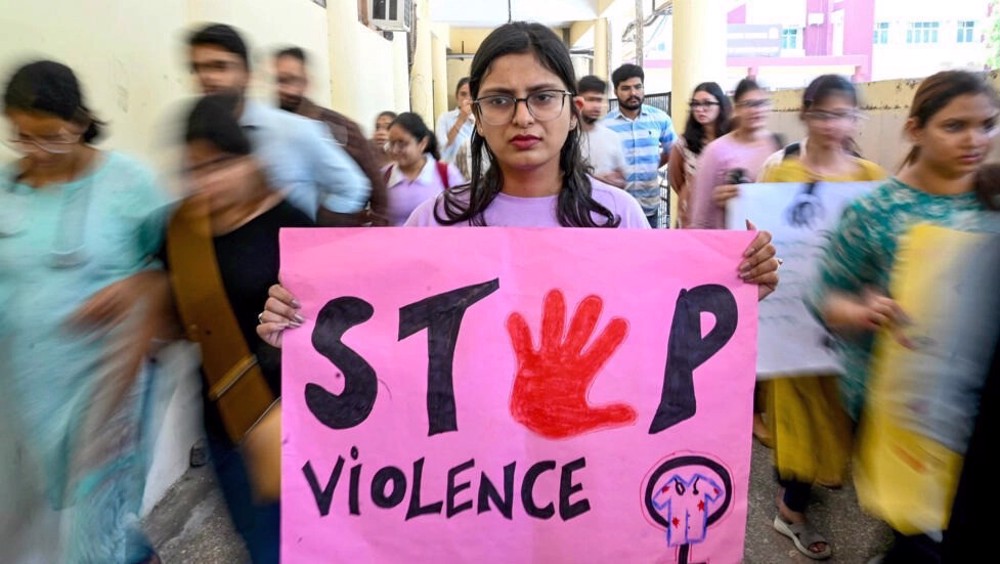
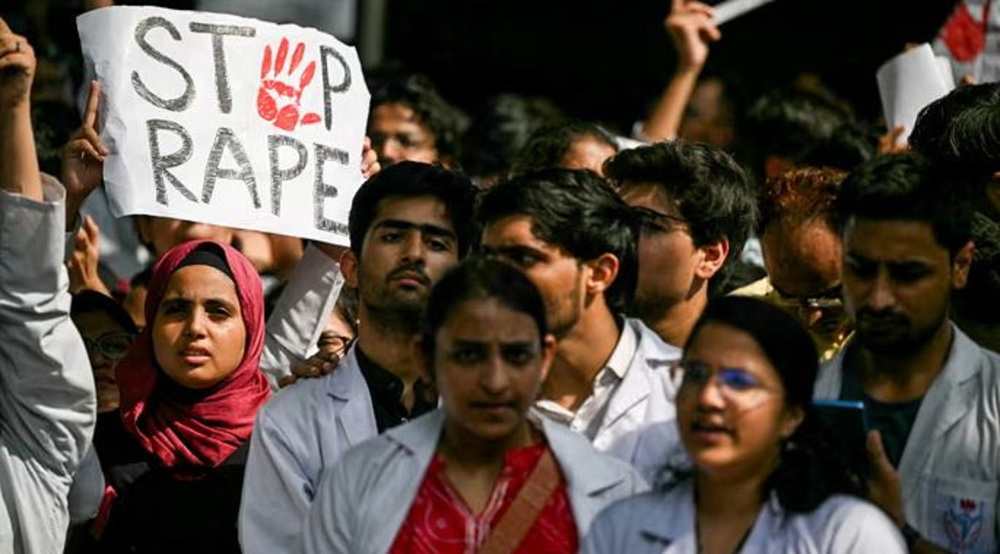
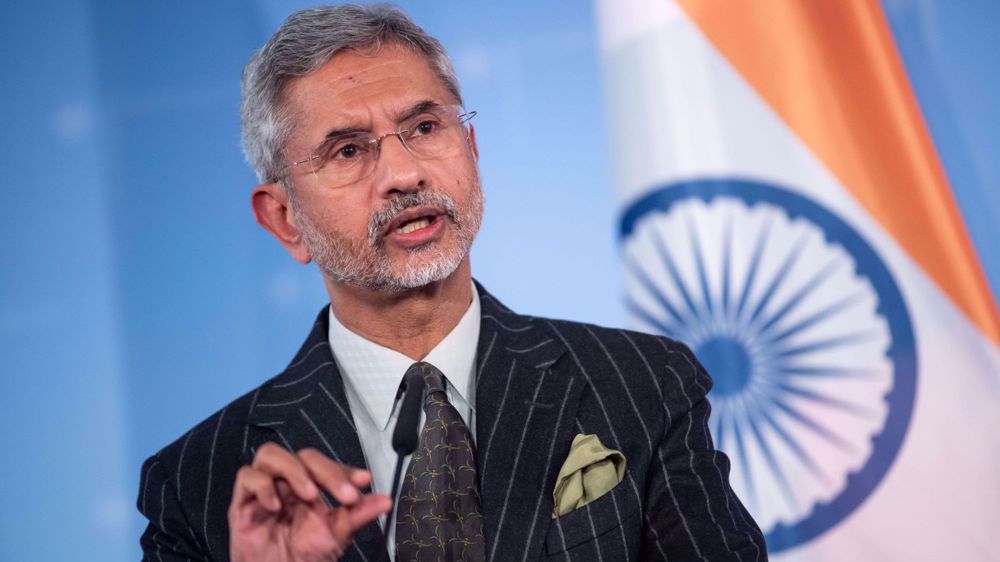
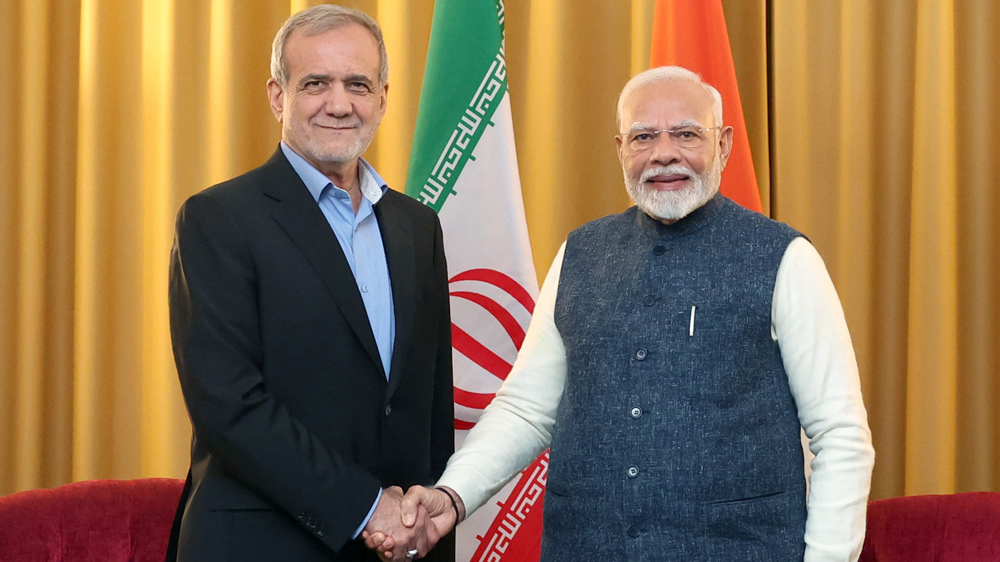




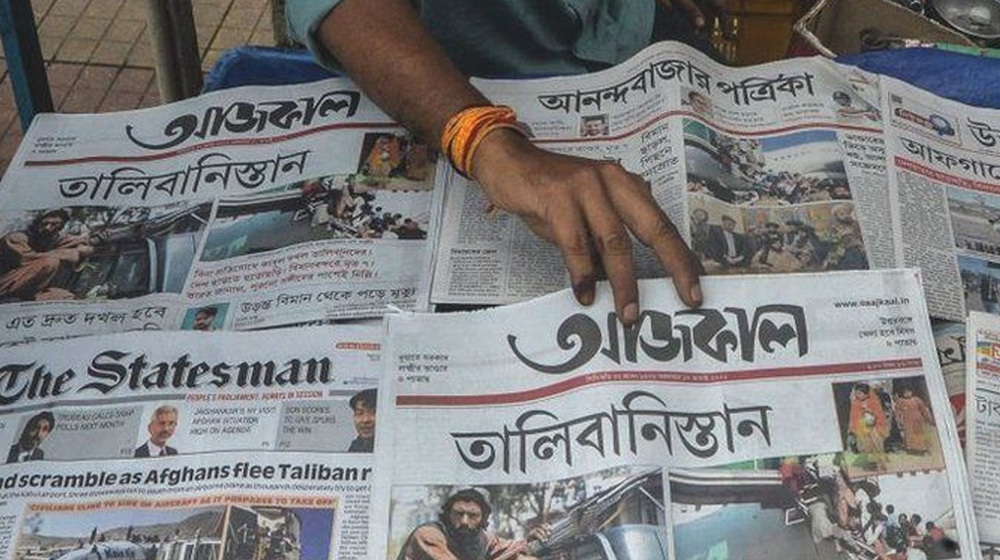
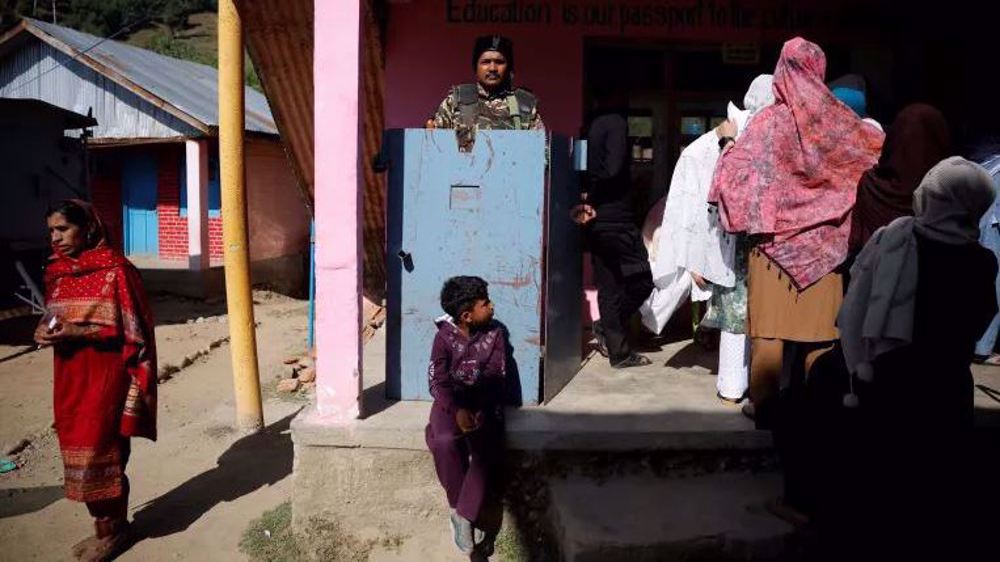
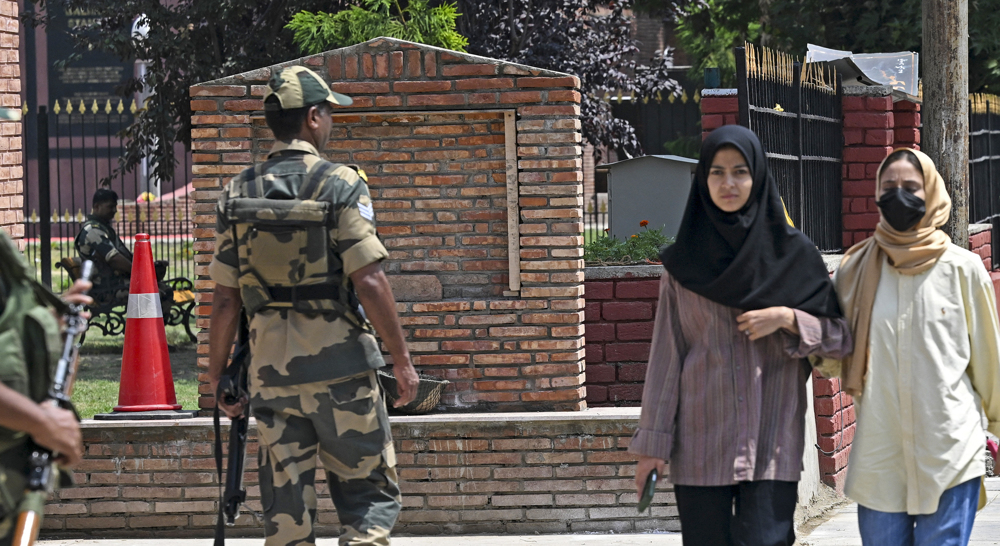
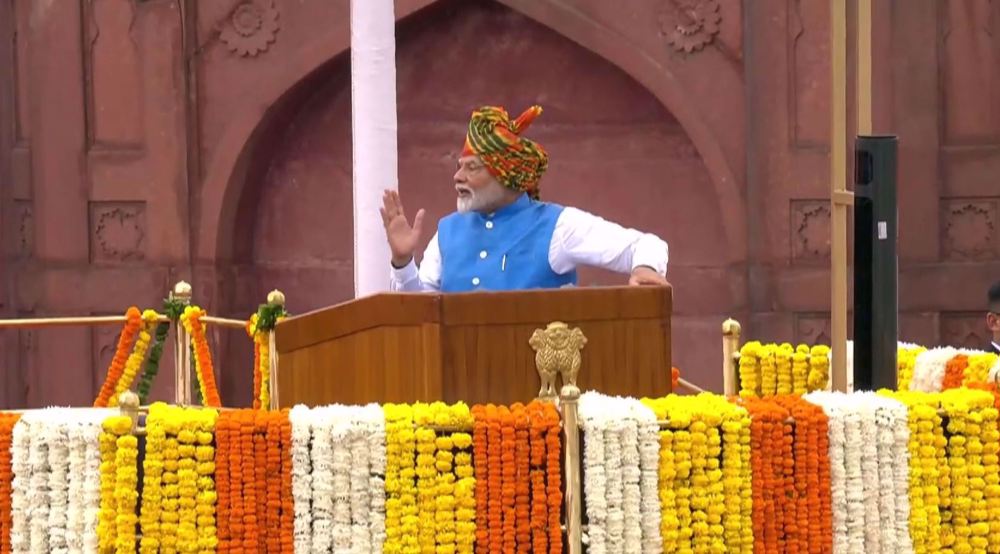
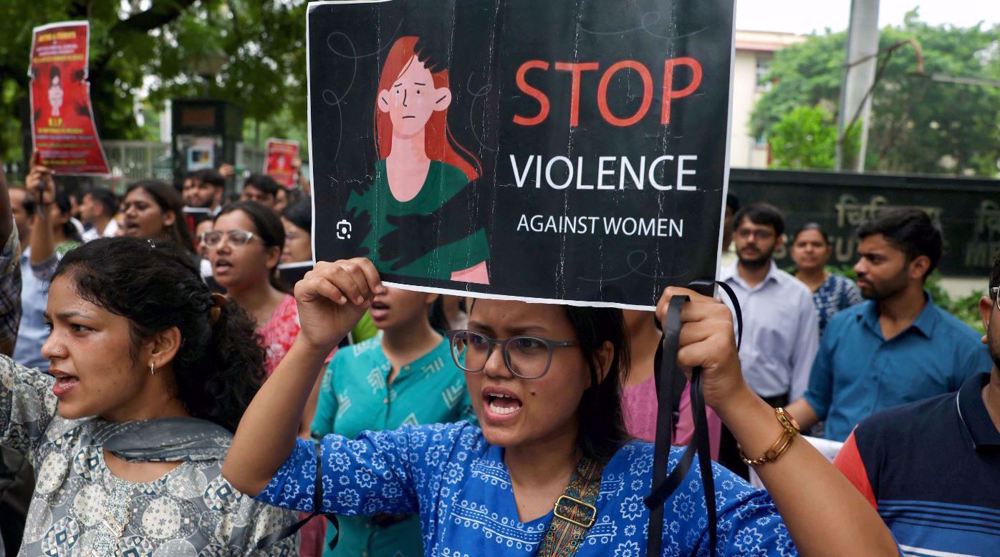
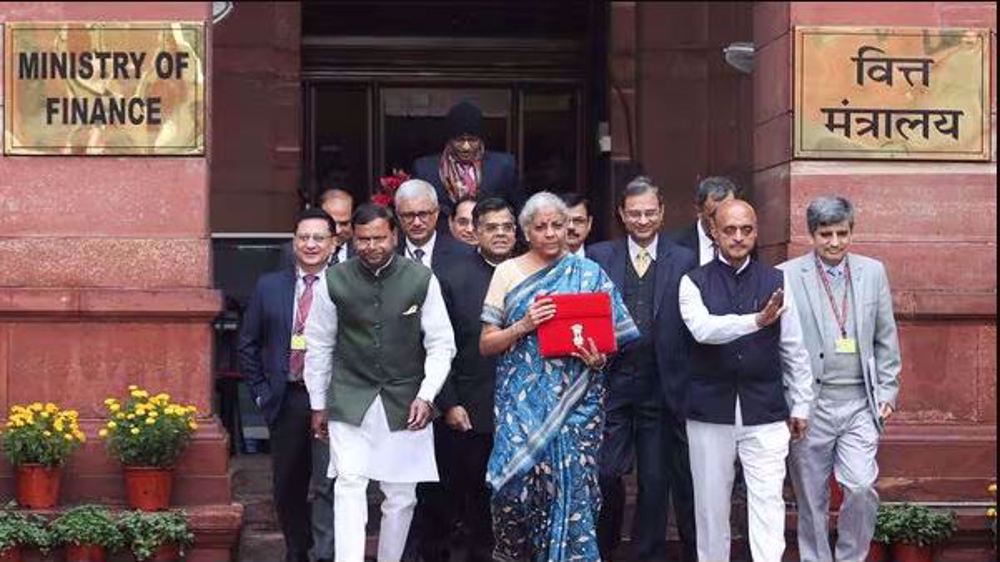

 This makes it easy to access the Press TV website
This makes it easy to access the Press TV website